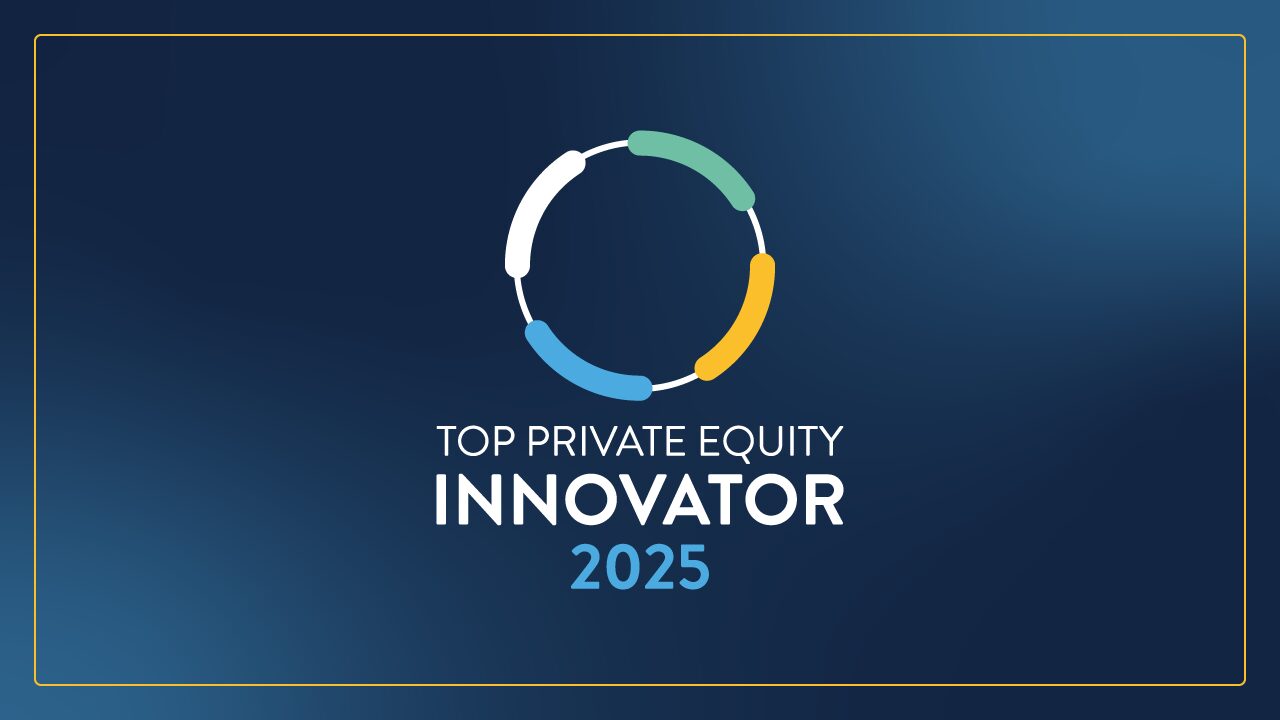Susan Clark is an insightful force who spent nearly a decade in Dell operations prior to getting bit with the private equity bug. While watching Silver Lake Partners lead the privatization of Dell, a publicly-traded, end-to-end technology solutions company, Clark recalls: “After observing the transformation process, I basically decided I wanted to be on the other side of the table. I was good at fixing things, making operational decisions to increase efficiency, and I knew I could take my expertise and apply it to many companies beyond Dell.” So, that is exactly what she did.
Her first move was to Vista Equity Partners, where she held both VP of Operations and Chief of Staff roles, focusing on operational excellence and driving value creation across the portfolio. Now, as General Partner of Portfolio Operations at TCV, she has developed an operations strategy and model that helps fuel sustainable growth across the portfolio.
From her residence in New York City—where she is coaching a newly acquired company’s exec team through their first 100 days—we spoke about PE’s current state of affairs and why she is so enthusiastic about the future. During the interview, we covered everything from “sustainable growth” to what “operational excellence really means”, and why interim executives and experts are “necessary for the ebbs and flows of company growth.”
Sean Mooney: At TCV, you developed a portfolio operations strategy and model. What went into that formula?
Susan Clark: We are a growth-focused fund that focuses on technology businesses. The model I developed is specifically rooted in figuring out what will fuel sustainable growth over the long term. My team and I get involved in diligence to scope out operational opportunities, then do an assessment to determine the biggest needle movers. This can be anything from an updated go-to-market strategy, implementing a customer success organization, and/or looking at the discipline around their product roadmap. Ultimately our goal is to develop an achievable strategy that will quickly drive value while also building a strong foundation for future growth.
SM: In roughly 35 words, what is your definition of “operational excellence?”
SC: From prospect to product to a new market—you are confident it is the right thing to go after. In other words, when you throw the dart, you know you’re landing on the right board.
SM: In your opinion, what are a few of the greatest challenges portfolio companies face?
SC: After having worked with so many different companies and leadership teams, it typically comes down to feeling confident about taking calculated risks. This is where portfolio operations within a Private Equity firm can be helpful. We have the operational experience to help alleviate concerns about entering a new market, expanding a sales team, or going after an M&A target. In a sense, we offer a boost of confidence and support them while they start making investments in people, products, and processes that drive growth.
SM: I’ve heard you mention a “partner approach” to investing in companies. What does that look like?
SC: I’ll start with what a non-partner approach looks like, for sake of context. Ultimately, this is when an investor comes in and takes the stance that they know the business and customers better than the company owners. Then, they begin executing a plan, blindly and with little attention to nuances or details about legacy people, products, or processes.
Alternatively, with a partner approach, an investor believes that the current company leaders should run the business. While they (current leaders) may not have the best strategy in place for growth, they still understand the ins and outs of the business. In essence, at TCV, we bring the coaching, but the actual execution lands on the executive team. If the executive team—or one or two leaders within it—prove they don’t have the right skills to execute on the plan, or they aren’t coachable, then and only then will we move to find a more suitable candidate. This approach is somewhat a part of the evolution of the Private Equity industry over the last decade.
SM: Why is access to third-party, expert resources invaluable to Private Equity funds and their portfolio companies?
SC: As you know, because this is BluWave’s area of expertise, the needs of portfolio companies ebb and flow as far as demand. Private Equity firms don’t want to staff up internally, because of the episodic nature of these needs. We use best-in-class, vetted resources—search firms, Salesforce implementation experts, interim executives, advisors, and more—to fill these gaps and save time, money, and effort in the long run.
SM: What surprises you (and what would surprise others) about private equity?
SC: Private Equity has this “big bad wolf” aura: we break down the door, come in to tear apart companies, then cut costs in unsustainable ways. In my experience, we instead want companies to grow and flourish. Fundamentally, we want to facilitate getting them to where we believe they can be. The media and Private Equity detractors do a wonderful job of perpetuating this negative narrative, but I think things are shifting in positive ways, particularly with the post-Covid growth happening across PE-backed industries and sectors.
SM: Most would think your role is very cut and dry. But this isn’t always true. What are some of the soft skills required to do your job well?
SC: Simply put, change induces anxiety, whether it’s good or bad change—and this requires special attention to quelling fear and stabilizing emotions. As such, a large part of my job is coaching, and it squarely sits in the bucket of “valuing people.” Additionally, a key aspect of my role is rallying a company around a revamped mission or growth vector. I need to influence them toward the vision and get buy-in. I also have to ensure the CEO, executive team, and employees feel supported. This requires awareness, communication, and transparency. Presenting a spreadsheet filled with sales targets is one thing, listening to them voice fears about any aspect of executing a plan is quite another. I have to be able to do both.
SM: Finding the right talent is key and many companies can’t find talent fast enough. Would you rather step in as a CEO or spearhead HR.
SC: Hands down, CEO. HR is probably the hardest job on the planet, especially right now with so many changes and complexities in the current business environment. My hat goes off to them, but I’ll take the “chief job” any day of the week.
The views and opinions expressed are those of the author and do not necessarily reflect those of TCMI, Inc. or its affiliates (“TCV”). TCV has not verified the accuracy of any statements by the author and disclaims any responsibility therefor. This blog post is not an offer to sell or the solicitation of an offer to purchase an interest in any private fund managed or sponsored by TCV or any of the securities of any company discussed. The TCV portfolio companies identified above are not necessarily representative of all TCV investments, and no assumption should be made that the investments identified were or will be profitable. For a complete list of TCV investments, please visit www.tcv.com/all-companies/. For additional important disclaimers regarding this interview and blog post, please see “Informational Purposes Only” in the Terms of Use for TCV’s website, available at http://www.tcv.com/terms-of-use/.


